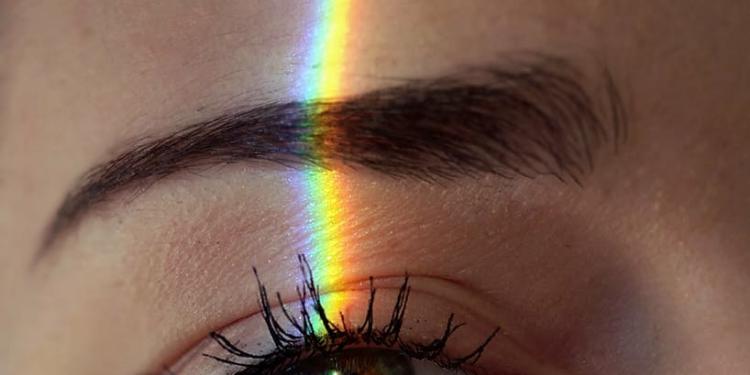A number of potential causes of eyestrain are discussed in this article. This is not a comprehensive list of all the causes, but some are listed for their relevance to the discussion. It’s also worth noting that various factors such as stress, diet, and hormones can also lead to eyestrain.
First, you need to know that no form of eye care is without risk. Because it is an involuntary response, you might end up getting damaged vision and could end up blind if you do not do something about it. The long term effects of eyestrain can be pretty devastating. If you can avoid all the possible causes, then that’s even better.
Long and short term causes are usually the same. These can happen when you over-exert yourself doing tasks that cause stress, such as reading for a long time. It’s also possible to get eyestrain if you are under too much stress, which can happen in sports like soccer where you are exposed to a lot of physical contacts.
Eye care professionals think that eyestrain is usually caused by blood vessels constricting, which then increases pressure. That pressure then affects the muscles and can cause temporary swelling. This can be quite painful and then can cause the eye to have blurry vision.
Eye muscles relax as the blood supply to them is increased, so it’s not unusual for them to tense up if they get fatigued. This can be because the muscles have to work harder to absorb more oxygen, or it can be because they have to deal with too much stress, or it could be that your eye has experienced a tear. Tear damage is one of the most common causes of eyestrain.
Fortunately, there are a few things that can be done to help with long term eyestrain. One is to reduce the amount of stress you place on your eyes. At the same time, you can reduce the strain on the muscles, so that they don’t get as tired as quickly. Avoiding too much heat or cold should help, too.
You should also use the correct techniques to exercise your eyes. Eyestrain can occur when you’ve done something wrong. Using your corrective eyewear, and having it adjusted for your eyesight, is likely to prevent any eyestrain problems.
Eye care professionals will usually suggest that you take breaks when you are at the computer or the book-shelves for too long. Even if you are surrounded by lots of people, getting up and taking a break will make you feel better, and give your eyes some time to relax. It’s much better to be at a desk or a table than to be on your feet so that you won’t have eyesight issues for longer periods of time. Eye exercises may be beneficial in helping to prevent eye problems in the long term.
Eye drops are useful for this kind of problem, as they will make you feel a little drowsy, and they will help to take some pressure off your eyes. They are useful because they have a slow-release property, which means that they will not damage your eyes to any great extent.
Homeopathic and natural remedies can also be used to help with eye problems. Over-the-counter eye drops and ointments, for example, are very effective.
Another alternative is to look for natural alternatives. Many of the ingredients found in products that are made from herbal plants are highly effective in reducing symptoms of eyestrain. Natural and homeopathic solutions can also be very effective but bear in mind that you’ll need to be sure that they don’t contain any ingredients that can cause damage to your eyes.




